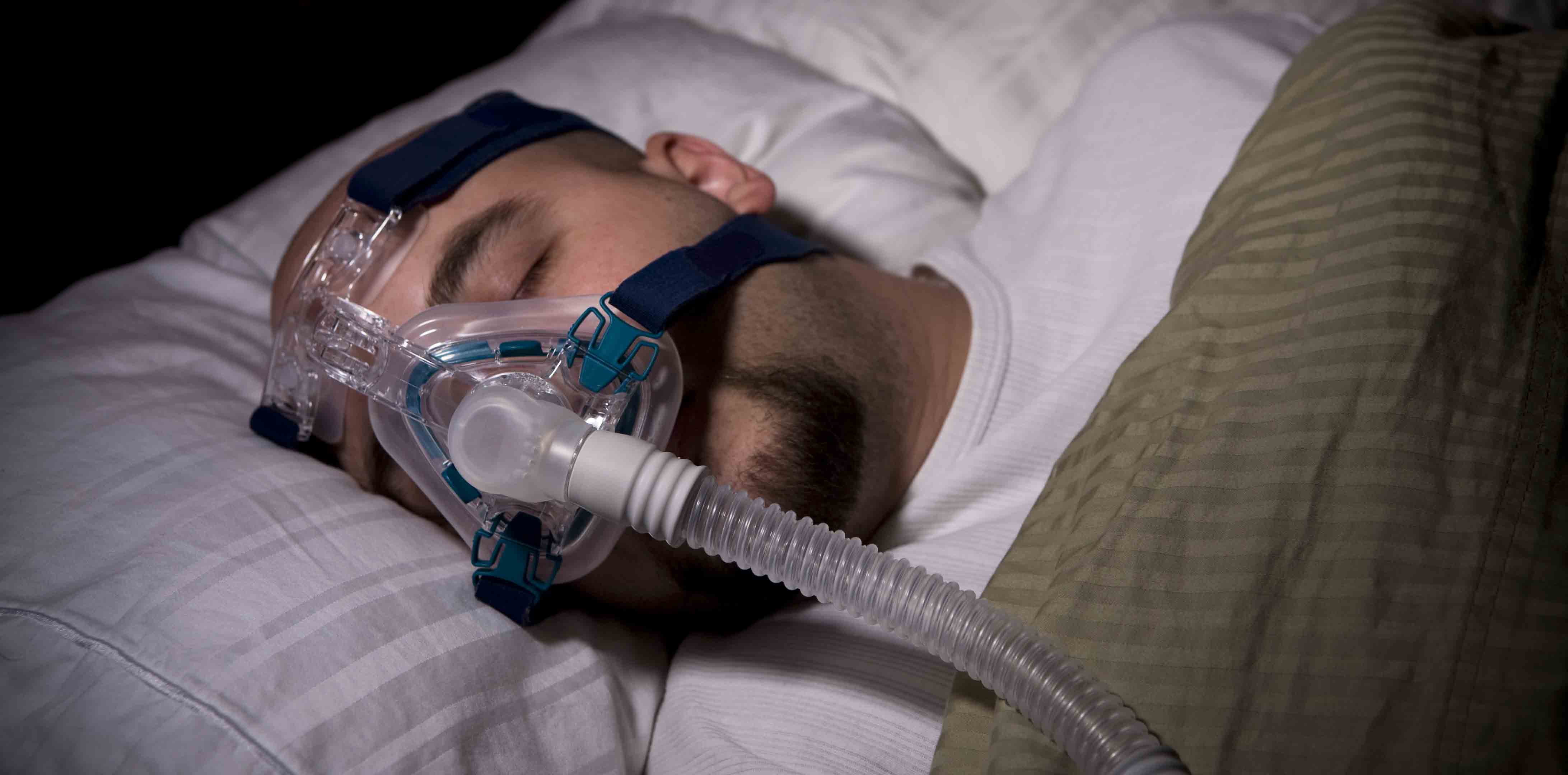Continuous positive airway pressure (CPAP) is significantly relieving depression in individuals with cardiovascular disease
Continuous positive airway pressure (CPAP) is significantly relieving depression in individuals with cardiovascular disease, researchers say.
An Australian secondary analysis, recently published in EclinicalMedicine, found CPAP treatment for obstructive sleep apnoea (OSA) led to a 20% reduction in cases of depression in patients with cardiovascular diseases, in addition to regular sleep improvement.
The study followed more than 2400 patients with cardiovascular disease and co-occurring OSA who were randomised into groups receiving usual cardiovascular care and a combination of CPAP and usual cardiovascular care.
The study participants were predominantly overweight older males who were habitual snorers with moderately severe OSA.
“Our findings provide further support for the broader beneficial effects of CPAP in those with OSA, and especially those at high [cardiovascular] risk, where there is the potential for enhanced mood to improve long term [cardiovascular] outcomes,” the authors said.
Professor Doug McEvoy, from the Adelaide Institute for Sleep Health at Flinders University, said OSA was affecting almost half of all individuals with cardiovascular disease.
These patients were at a higher risk of suffering a future stroke or heart attack compared with patients who did not have OSA.
“[The study is] welcome news that treatment of OSA substantially relieves cardiovascular patients’ depressive symptoms and improves their wellbeing,” he said.
Professor McEvoy said that while there was doubt about the extent to which OSA caused or aggravated cardiovascular disease, the study showed CPAP treatment reduced depression symptoms quite rapidly, and the effect was maintained for the 3.7 year follow-up.
Not too surprisingly, the effect of CPAP treatment on individual’s mental health (measured using the Hospital Anxiety and Depression Scale) was more pronounced in patients with low mood scores at the start of the study.
Conversely, there was no change in the self-reported levels of anxiety experienced by the patients in the study.
Regardless of this finding, Professor McEvoy said GPs should be aware that sleep apnoea might be contributing to a patient’s depression.
The study authors said CPAP for OSA patients with cardiovascular disease might have broader benefits in terms of preventing cases of depression.
“Our additional systematic review provides further support of the treatment effect of CPAP for depression, but not for anxiety symptoms,” the authors concluded.
EClinicalMedicine, 2 July


